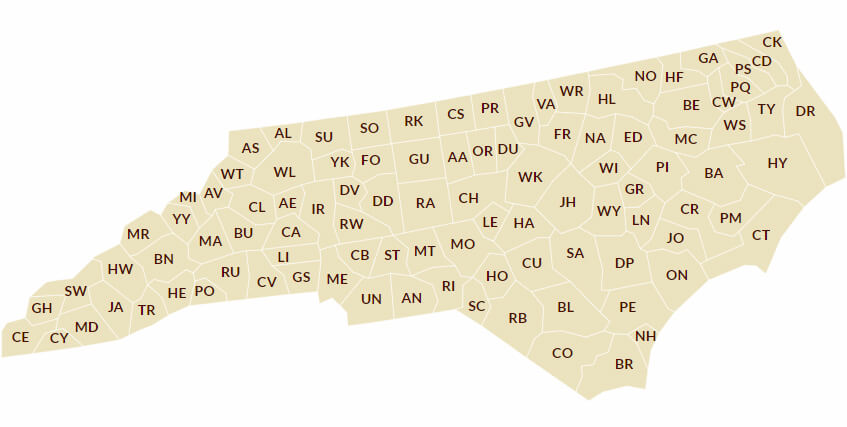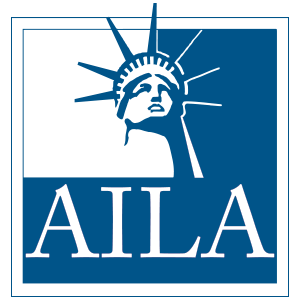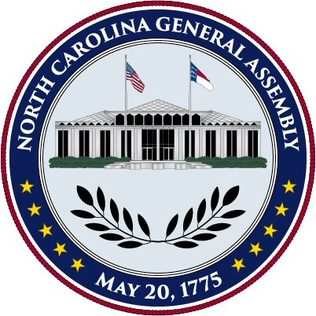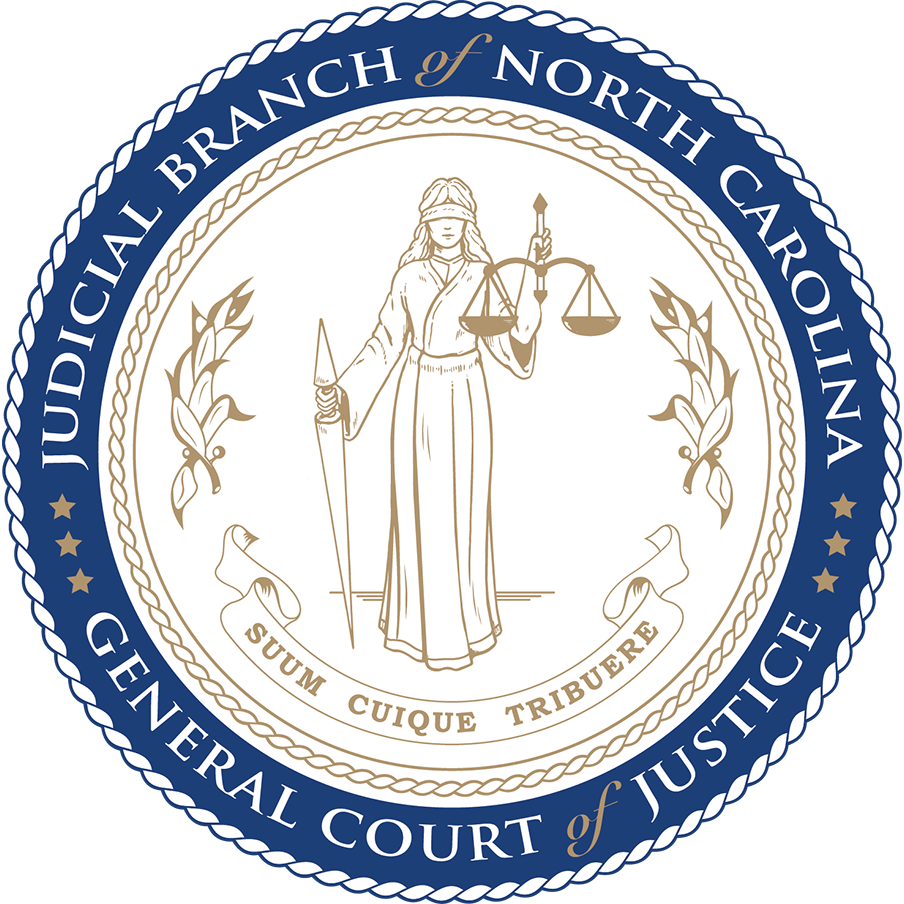North Carolina Legislative Branch - The North Carolina Legislative Branch operates under a bicameral system, consisting of the North Carolina Senate and the North Carolina House of Representatives. The Senate comprises 50 members serving two-year terms, while the House has 120 members also serving two-year terms. The Legislature is responsible for proposing, debating, and passing laws that govern the state. Its duties include formulating the state budget, levying taxes, and addressing various policy issues such as education, healthcare, and criminal justice.






















